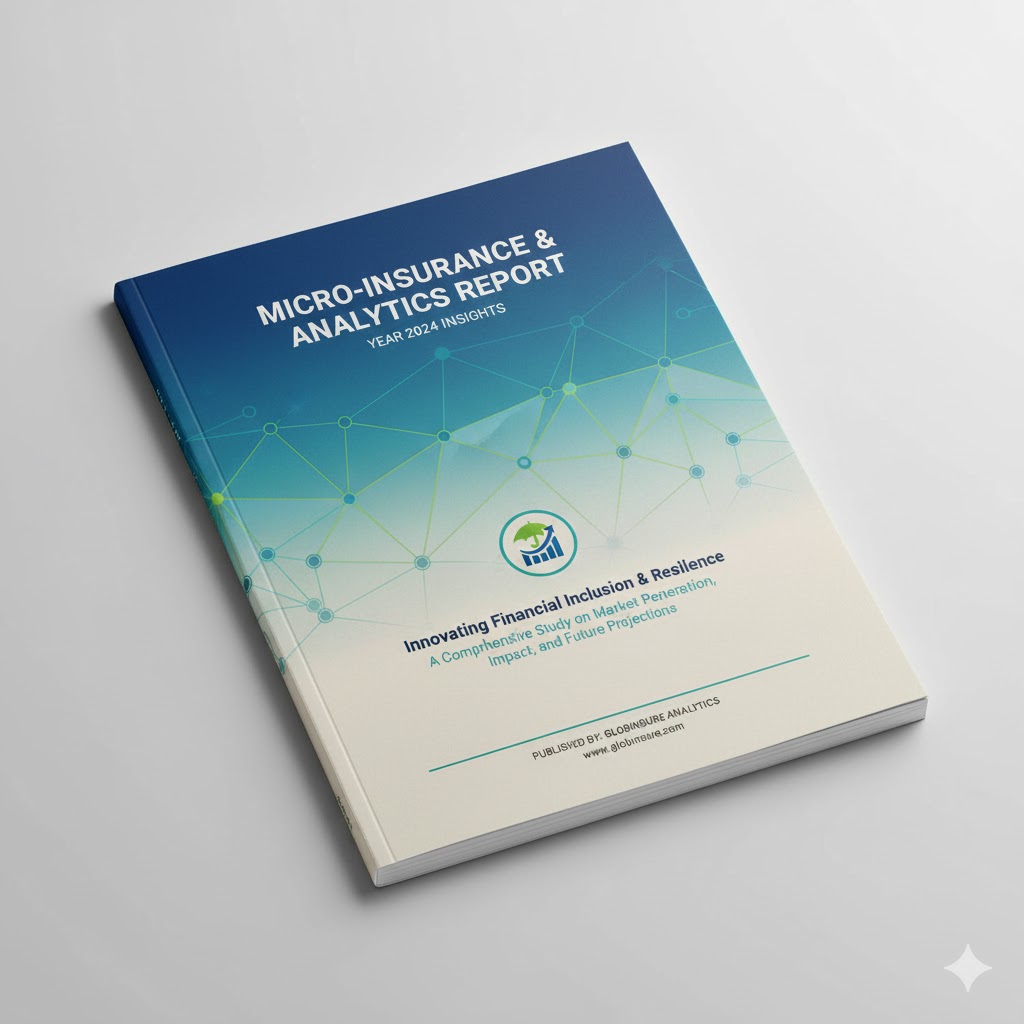Displaying 1 - 15 of 19

ACRE Africa provides micro-insurance products to strengthen farmer resilience
ACRE Africa partners with insurers to offer affordable index-based crop insurance to smallholder farmers. Uses weather stations and satellite rainfall data to trigger payouts automatically.
Date Issued
2021
Topics
Products
Region

AXA MANSARD, NIGERIA – The case for insuring women for a better tomorrow
AXA Mansard, one of Nigeria's largest insurance providers, launched a focused strategy in 2016 to serve women in the retail insurance space. This initiative emerged from detailed market research identifying the unique needs of Nigerian women. AXA tailored products specifically for this segment and forged partnerships with women-led organizations to build trust and raise awareness about insurance. The case highlights practical lessons from product innovation, inclusive marketing, and collaboration as a pathway to greater gender equity in insurance.

Better Weather Protection for Tanzanian Farmers
One Acre Fund and Global Parametrics piloted an innovative weather-index microinsurance solution using the Water Balance Index for ~70,000 Tanzanian smallholder farmers. The parametric cover enabled timely payouts and improved resilience against drought and excess rain.
Date Issued
2021
Topics
Products
Region

Bringing Health Microinsurance to Kenyans via Mobile Phone
Kenya-based pilot that bundled hospital cash, digital loans, and mobile health tools to increase access and affordability. MicroEnsure piloted Fearless Health by combining hospital cash benefits with mobile-enabled digital health loans to support underserved Kenyan populations.
Date Issued
2018
Topics
Products
Region

Case Study: Through Rain or Drought, Crop Insurance Provides a Protective Umbrella for Us
ACRE Africa's crop index insurance enabled Kenyan smallholder farmers to recover from climate shocks. This pioneering weather-index product helped sustain productivity and manage agricultural risks by offering timely protection against drought and other climate-related threats.
Date Issued
2016
Topics
Region

Empowering Women Smallholder Farmers through Digital Microinsurance
Photo essay by ADFI and Pula showing gender-inclusive insurance design using mobile platforms and bundled climate microinsurance products across Kenya, Nigeria, and Zambia.

Empowering Women, Building Trust: A Case Study of a Women-Centric Insurance Solution in Nigeria
Describes FCMBeta Health, a women-focused micro health insurance product in Nigeria, bundled with micro-loans, offering hospital cash and maternity coverage. Over 90,000 enrolled by 2025.
Date Issued
2025
Topics
Region

Enhancing Agricultural Productivity through Yield Estimation Initiatives in Partnership with the Farm-to-Market Alliance
Details ACRE Africa & FtMA project in Kenya to improve crop index insurance using geo-mapped yield data and local training.
Date Issued
2024
Topics
Products
Region

Exploring the Role of Microinsurance in Financial Inclusion: a Tanzanian Case Study
Explores mobile-based microinsurance and its role in Tanzania's financial inclusion strategy.
Date Issued
2024
Topics
Region

Global Parametrics & One Acre Fund Provide Weather Protection for Tanzanian Farmers
One Acre Fund, a nonprofit that supports smallholder farmers, partnered with Global Parametrics to pioneer a new Water Balance Index protecting 70,000 farmers in Tanzania from drought and excessive rainfall. This index-based weather insurance enables fast, affordable payouts, strengthening farmers' resilience to a volatile climate.
Date Issued
2021
Topics
Products
Region

Lead Family Insurance by Lead Foundation in Egypt
Insurance Automation by Lead Foundation in Egypt. This case outlines the economic and poverty context in which the intervention took place, including the project's approach to capacity building and automation. It highlights both the results achieved and not achieved, and captures key lessons learnt in delivering health and credit life insurance to underserved populations.
Date Issued
2020
Topics
Products
Region

Making a profitable inclusive insurance business: a case study of Britam, Kenya
In 2007, Britam, a Kenyan financial group, launched its first microinsurance product for low-income customers. Over 11 years, Britam built a profitable microinsurance business unit covering more than 700,000 lives by 2017. This case study distills key lessons from Britam's journey to guide other insurers in serving traditionally excluded markets.
Date Issued
2019
Topics
Products
Region

Making climate risk microinsurance work. Case Study: Kenya Agriculture Insurance Program (KAIP) with APA, Kenya
Information on the Kenya Agriculture Insurance Program developed in partnership with APA Insurance. The overview includes pricing structures, government subsidy mechanisms, challenges in implementation, delivery models, and overall performance metrics. The case outlines key lessons learned from executing a national climate risk microinsurance scheme in a Sub-Saharan African context and provides insight into scaling agricultural resilience through public-private collaboration.
Date Issued
2021
Topics
Region

Making Microinsurance Work, Scale2Save Learning Paper
Making Microinsurance Work: This learning paper by Scale2Save explores the challenges affecting the uptake of microinsurance across emerging markets. Drawing from real-world case studies in Côte d'Ivoire and Nigeria, it identifies key barriers and presents practical strategies to boost adoption. The report highlights innovative distribution approaches, customer education tactics, and partnership frameworks that drive scale and sustainability for inclusive insurance services.
Date Issued
2021
Topics
Products
Region

Microinsurance and Social Protection: Fiji Country Case Study
WFP and UNCDF piloted cyclone parametric insurance in Fiji for ~325 vulnerable households. This macro–micro model enabled payouts via mobile wallets within 3–5 days after disasters, offering financial protection to the poorest social welfare recipients.
